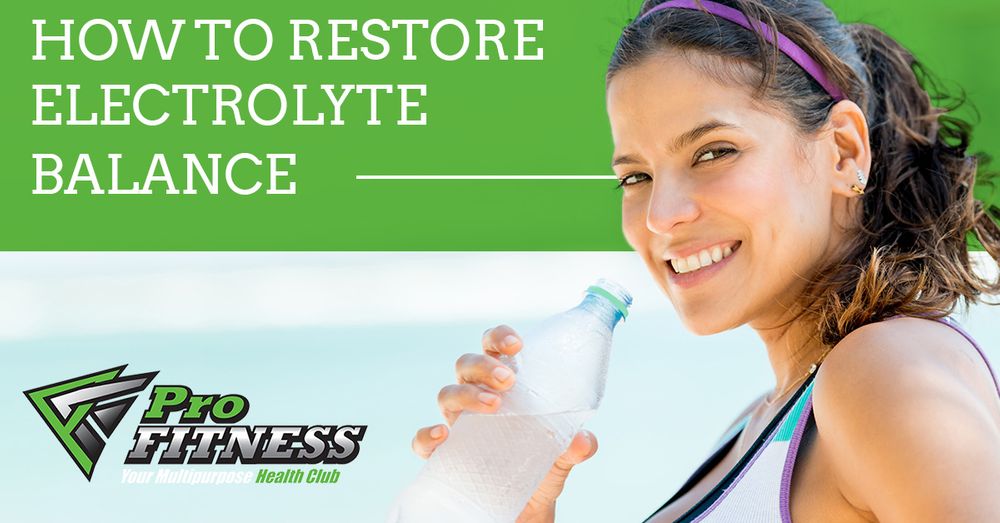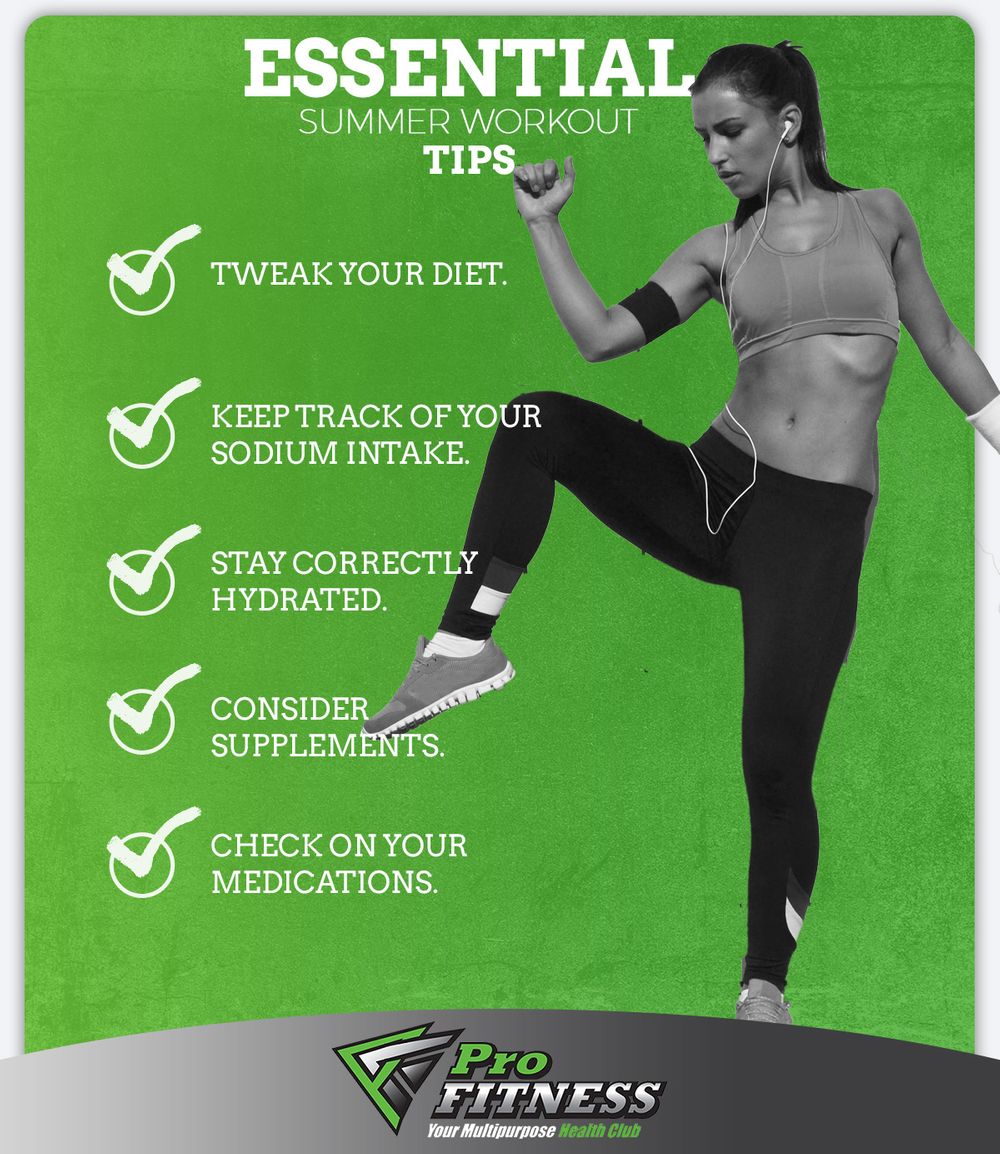It’s a good idea to work on balancing your electrolytes is right after (or even during) a workout. However, you can work on your electrolyte balance all the time. It’s important to understand that there are several different types of electrolytes, and you need them all. Most people know about sodium which is an important electrolyte, but you also need magnesium, potassium, chloride, and calcium. The great news is, there are several strategies you can use to ensure your body really gets what it needs.

HOW TO RESTORE ELECTROLYTE BALANCE

EFFECTIVE METHODS FOR MAINTAINING HEALTHY ELECTROLYTE LEVELS
Tweak your diet.
- In general, a basic electrolyte imbalance can be corrected by making some adjustments to your diet. Move away from processed foods, which contain nasty levels of sodium, and opt for whole foods like vegetables and fruit. There are delicious ways to eat leafy greens like kale and spinach, cruciferous vegetables like cabbage and broccoli, and starchy vegetables like squash and sweet potatoes. If you can tolerate dairy, consider adding items like raw cheese and probiotic yogurt to make sure you’re getting enough calcium.
Keep track of your sodium intake.
- We mentioned the intensity of sodium in processed and packaged food above, and we’re coming back to the topic because it can be a serious problem. Sodium plays a huge role in helping your body release and retain water. The more sodium you consume, the more water your kidneys excrete, and the higher the chance you’ll have trouble keeping your electrolytes balanced. If your electrolytes are off, you can drastically improve your situation by avoiding processed foods!
Stay correctly hydrated.
- If your body’s water levels get too high or too low, electrolyte imbalance is right around the corner. However, how do you know how much water you should drink to keep your body at the right hydration level? It depends on your needs. Do you live in a warm climate and sweat often? Do you eat a lot of processed foods or more vegetables and fruit rich in water? Do you exercise regularly?
- A good rule of thumb is to drink enough water that you need to urinate every three to four hours. For most people, that’s about eight to 10 glasses of water per day. If you’ve been sick, exercising hard, or you’re pregnant/breastfeeding, you’ll need additional water.
Consider supplements.
- It is possible to have chronic electrolyte deficiencies depending on genetic factors, medical conditions, or high stress levels. Magnesium and potassium are the most common deficient electrolytes and investing in supplements can be a big help. You can also take multivitamins, which usually contain potassium and magnesium. Just make sure that you choose a quality multivitamin so that your body can properly absorb the electrolytes.
Check on your medications.
- Many different medications affect electrolyte levels, including diuretics, antibiotics, blood pressure medication, and hormonal pills. Are you taking one or more of the culprits? If so, it’s a good idea to turn your attention to making sure your body gets what it needs.
STAY ACTIVE AND HEALTHY WITH PRO FITNESS
We created our world-class fitness center in Cramston to include personal training and other support systems that can help you make the most of your active lifestyle, no matter how intense it may be. Contact us to learn more about staying active in a healthy way!

